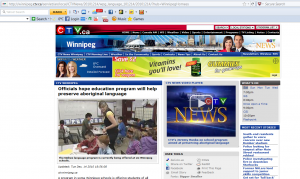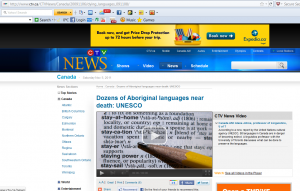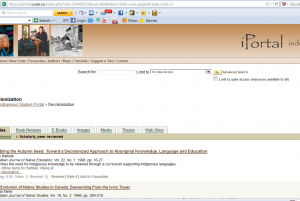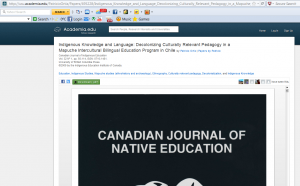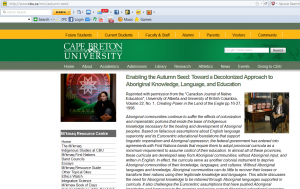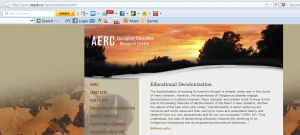Aboriginal Learning Knowledge Center
The Aboriginal Learning Knowledge Center is one of the five knowledge centers of the Canadian Council on Learning and “was created to provide a collaborative national forum that would support the development of effective solutions for the challenges faced by First Nations, Métis and Inuit learners” (Canadian Council on Learning, 2011). The Center consists of more than 80 organizations and individuals from across Canada, dedicated towards finding solutions for the improvement of Aboriginal learning in Canada. Their website features a number of featured publications addressing Aboriginal learning, gender issues, the role of elders, Metis post-secondary education systems, and indigenous knowledge.
